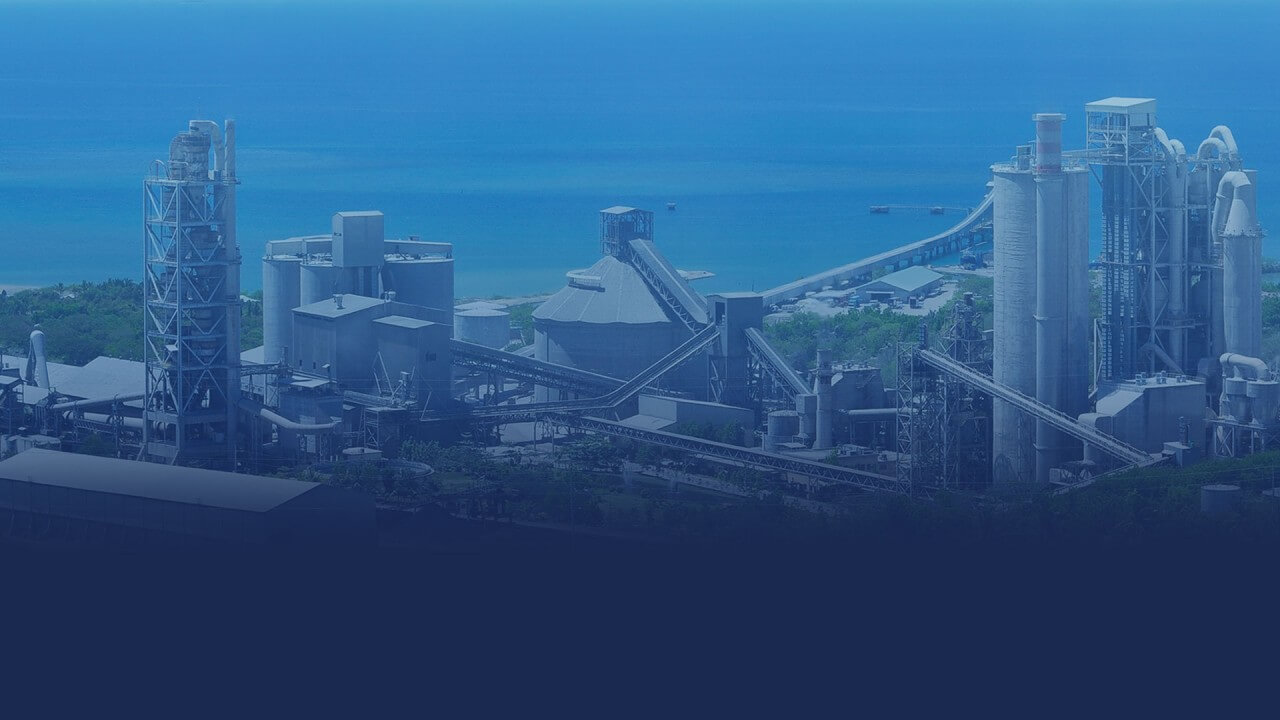

This comes after the newly acquired firm reported a staggering P23.4 billion net loss, driven largely by a P19.6 billion non-cash goodwill revaluation tied to DMCI’s acquisition.
Still, the results also reflected deeper weakness in the cement industry.
Herbert Consunji, the president and CEO of Concreat (CHP), said core losses stood at P3.7 billion, mainly due to the sharp drop in cement prices, soft demand, and continued pressure from high input and distribution costs.
“Our team in CHP is committed to find solutions to turn the company around in three years’ time,” he said in his recent message to stockholders last week.
Big picture
The Consunjis acquired CHP for about P16 billion last December, marking the group’s largest acquisition to date.
From earlier expectations of a quick turnaround within a year, the group has revised its assumptions. The aforementioned write-down was made to help clean up its balance sheet.
The group also spread risk, with DMCI owning 51 percent in CHP, followed by privately held Dacon Corp. with 29 percent, and Semirara Mining and Power Corp. with 10 percent.
First turnaround steps
• Completed a major expansion at Solid Cement Plant, adding a new 1.5 million-ton line and raising total capacity by 26 percent to 7.2 million tons.
• Reintroduced Ordinary Portland Cement (OPC) to broaden product offerings and serve large-scale construction projects.
• Increased use of alternative fuels like plastics and rubber tires to improve sustainability and reduce costs.
• Implemented operational changes to better position CHP for future demand under DMCI management.
Near-term growth strategy
• Shifting to locally sourced Semirara coal to cut fuel imports and reduce forex risk.
• Using ash from Calaca power plants to boost output and meet quality standards.
• Expanding reach in Visayas and Mindanao through affiliate-led distribution.
• Supplying DMCI housing and infra projects to build stable internal demand.
Near-term challenges
“We recognize that 2025 will bring continued pressures to the industry,” Consunji said.
“The cement business is highly competitive, and global challenges — from trade tensions to recession risks and geopolitical uncertainty — can weigh down costs, pricing and demand. But these headwinds are not new to DMCI,” he added.
Reason for optimism
“And while the short term may be challenging, we remain focused — and cautiously optimistic about the future,” Consunji said.
“We believe demand will recover over the medium term,” he added.
Government infrastructure spending remains strong at 5 percent of gross domestic product, while cement use per capita still lags behind neighbors, Consunji explained.
He also noted there was a projected housing backlog of 10 million units by 2028, suggesting growth potential for the industry is substantial.